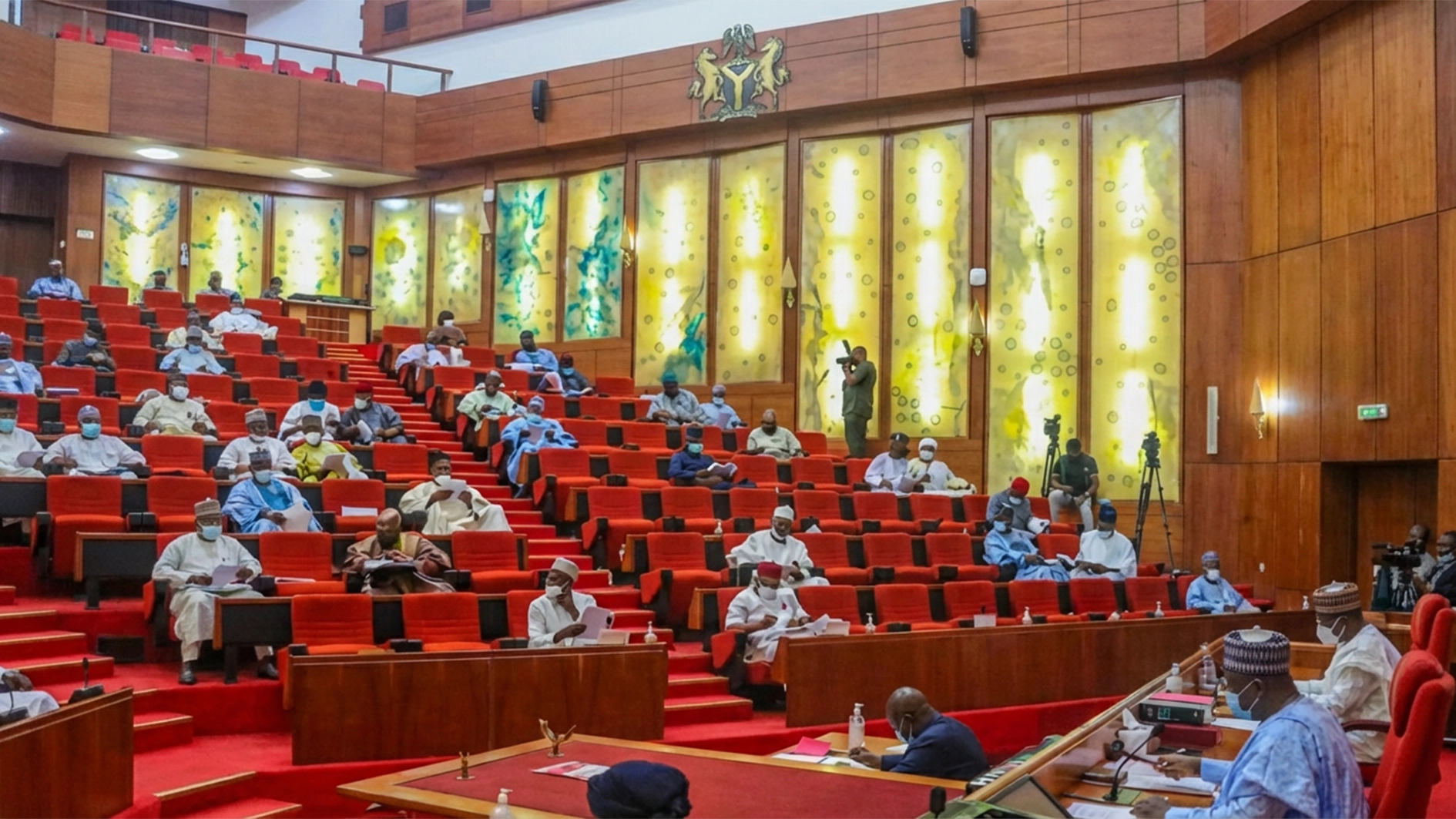
Many months after the Nigerian national elections and the inauguration of a fitful administration, everything appears to be in near chaos. Nothing has yet been done; everything appears upside down. Seven months on, conditions in Abuja are just as bad. The President appears too good for democracy to succeed with. Only certain token twitches have punctuated the dreary string of setbacks.
More important, the government appears distracted as if still smarting from charges that its election was not earned despite the Judiciary’s award to it of a clean bill of health respecting an unpopular or dubious victory.
The otherwise teeming support of party men and women has disappeared and has proved nominal in the wake of massive discontent or of disappointment regarding the administration’s glaring policy mis-steps.
Whilst the President’s script writers worked feverishly on his inauguration speech, his supporters privately fretted over his proverbial lack of ability for its seamless delivery. An inauguration address is not the venue for a boolaba or balabloo inanity.
The conventional graciousness, modesty and sincerity usually contained in such a speech lost their nimbleness to a needless melodrama on the stump on that day. Off the cuff or as if siezed by a malevolent ogre, the President pronounced his “Subsidy is gone…” drivel.
He thereby unleashed a chain of unsavoury events for which his government will require the wisdom of Solomon to surmount and which has strangely altered the course of governance discourse.
For a government which palpably lacks the requisite rigour for intense disputation of issues except for play offs of subterfuge, deception and trickery, it has crestfallen in the presence of sustained popular opposition to or outcry against its vague suggestions of a better future or of ‘renewed hope.’
Many cerebral commentators have been reluctant to offend even as they are burdened by conscience regarding incessant civic demands of rights which have been officially denied, ignored or repudiated.
Many national issues are now discussed in hushed tones. The intellectual elite class has abandoned the project of interrogating the nation’s medley of malaise so they do not annoy or otherwise irritate the political ruling class. Even as the current exchange rate of the Naira hovers around N1,200 to the Dollar, the critical macroeconomic variables or factors sadly continue to point in the direction of an irreversible slide of the Naira.
Macro variables between countries e.g. infrastructure, rule of law, education, energy, Foreign Direct Investment, technology, etc are all heavily weighted against Nigeria and therefore the Naira depreciation paradigm against the Dollar, for instance, is not likely to abate soon.
But the Tinubu administration is feverishly marketing hope and insisting that the present dismal situation is just for some time. Even as Nigeria at no.103 out of 113 on the Education for All Development Index and as more than 20 million children are out of school, our human capital development profile brandishes the picture of a programmed massive unmarketable skills acquisition panoply.
Further, our value system has nose-dived to land us at number 150 out of 180 countries in the Global Corruption Index, as Rule of Law is a negotiable instrument and political entrepreneurship and state capture have become the commanding heights of the economy. All these and more are subject matters that may not be openly discussed or analysed by the Nigerian intelligentsia. They have become tongue-tied or self- censored.
By breaking the link between individual effort and reward, between competence, capacity and ardour on one hand and preferment or promotion on the other, incentives to work have been undermined leading to mass frustration and a severe reduction in productivity. The proverbial round pegs are no longer in round holes. The beneficiary of an invidious promotion to public office owes his duty or allegiance only to his appointor. Sensitive public positions have been allocated to kins, tribesmen and clients most times in utter disregard of the requirement of an underlying pre qualification for the positions or of cognate or relevant experience therefore.
The scenario has generally conduced to a flurry of false or fake declarations of formal qualifications. Many who hold important offices of state have had to lie with respect to their qualifications so just they may fit the advertised qualification requirements for the positions. This lie-telling is so pervasive that one is apt to doubt the resume or CV of many an office holder.
The nation is however the ultimate loser as she is denied the effective and efficient labour of her rigorous and shrewd body of candidates for public office. Little wonder that the pace of development has been slow, desultory or aimless such that Nigeria is cynically referred to in the comity of nations as a sleeping giant. She has had to contend with the ignoble charge of breaking faith with the African vision or of letting the continent down.
The current public debates around the issues of public probity and criminality involving certain public office holders have brought to light the stark invidiousness in appointing officials of state except on the basis of proven integrity and service. The story of the suspended Minister of Humanitarian Affairs and Poverty Alleviation, Dr Betta Edu, who is accused of transferring a whopping sum of N580 million from her Ministry’s vault into a crony’s private bank account; of Halima Shehu, erstwhile Chief Executive Officer of the National Social Investment Programme Agency, NSIPA for suspected fraud in the Conditional Cash Transfer Programme; and of Sadiya Umar-Farouq who is being investigated over allegations of corruption in the handling of N37.1 billion social intervention funds, have afforded us the opportunity for reflection on the desirability of critical assessments of persons being suggested for public office.
It is coincidental only that these high ranking officials are women. We do not have any reason to want to tinker with our international obligation to abide by the 35 per cent Beijing affirmative action with respect to political appointments for women.
It may well be that women want to catch up with their male counterparts who have long held the dishonourable credit of arresting the development of the country through official acts of corruption and of the mindless looting of our common patrimony.
The Ministry of Humanitarian Affairs is proving itself to be a proverbial cesspit of corruption. Many are urging for its scrapping. The earlier Minister of the Ministry under Buhari is reportedly being interrogated by the EFCC. And now Betta wants to better the records of her predecessor in office by leading the Ministry to reconfigure the vision of its founding fathers. Its ways are being channelled towards everything but Humanitarian.
It is a moot point whether Tinubu can reverse the trend or, put differently, whether Tinubu can fight corruption. There have been examples in history of persons who were adjudged corrupt or who were sociopaths but who repudiated their ugly past and trod the path of righteousness, honesty and rectitude thereafter.
The impression is given that the leadership of any organisation or group generally typifies the ethos and direction of the body. In the early days of the United States Congress, its House of Representatives was dominated by the scathing tongue of John Randolph of Virginia. He adjudged the entire governmental system in his legendary verbal onslaught thus:
“Never was ability so much below mediocrity so well rewarded; no, not even when Caligula’s horse was made a consul”May it not be so said of the Tinubu presidency when the time comes.
Rotimi-John, a lawyer and commentator on public affairs wrote via: [email protected]






